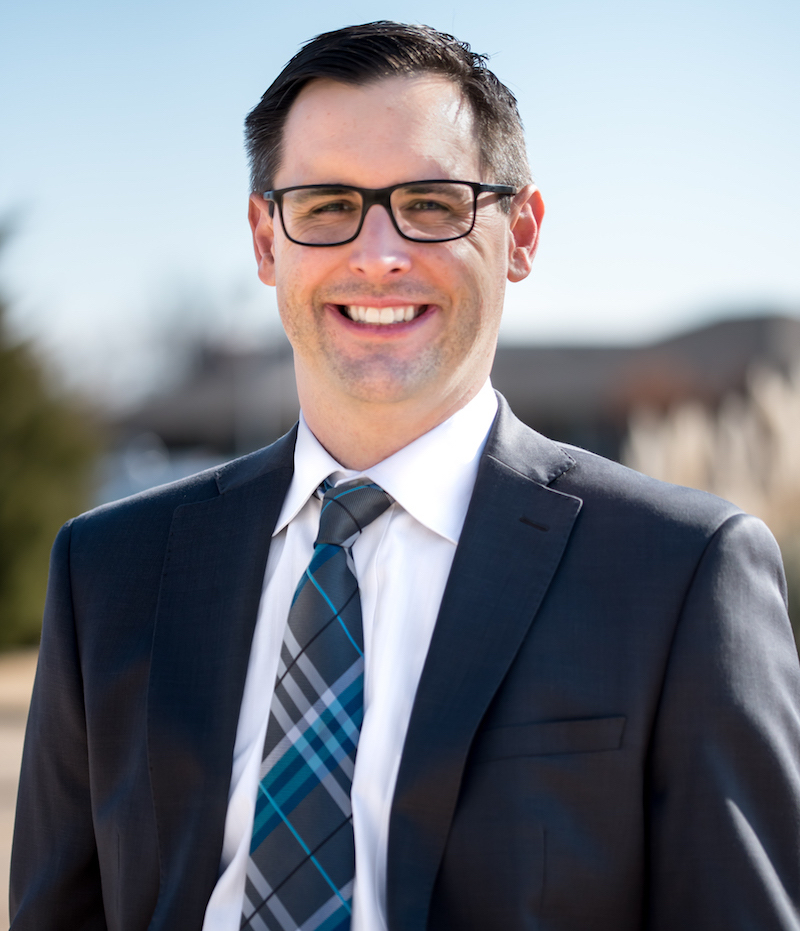How Do I Prove Undue Hardship for Repaying My Student Loans?
by Luke Homen
Getting your student loans totally or partially discharged isn’t easy, but it’s much easier than before. If you seek bankruptcy protection and file an additional legal action, you can show that the undue hardship you’re having repaying your student loans justifies being relieved of that obligation. Convenient Bankruptcy helps clients get out from under the student loans weighing them down.
The team of Oklahoma student loan attorneys at Convenient Bankruptcy can help you navigate the legal system to get past the unmanageable burden of repaying tens of thousands of dollars in student loan debt. Want to discuss your options? Call us at 405-296-0079.
How Can I Get Student Loans Discharged Through Bankruptcy?

You must file bankruptcy and, afterward, a special adversary action against the federal Department of Education. Your student debt will be totally or partially discharged if you’re successful. As part of this legal action, Convenient Bankruptcy will complete a set of financial paperwork (the “borrower-attestation form”). It states and analyzes your:
- Income
- Expenses
- Student loan history
- Your current and expected future ability to pay your student loans
After it’s filed, the Department of Justice and Department of Education will consider your information to decide if they feel your situation merits a discharge based on your hardship – repayment will be an undue hardship for you. They may ask for additional information and will ultimately tell the bankruptcy judge their position and explain their reasoning.
The judge makes the final decision. They may or may not agree with the federal government’s finding in your case. If the judge feels you don’t deserve a discharge or only a partial discharge, your student loan attorney will present the facts and legal arguments to show them why they should decide in your favor.
How Might a Bankruptcy Judge Help?
The judge may disagree with you and rule your student loan obligation won’t be discharged. They may also rule in your favor and end your need to repay them. The judge may also rule somewhere in between those options, including:
- Part but not all of your debt could be discharged, so you’d be responsible for the rest. The judge will look at your income and expenses to determine how what you can afford to pay
- You would still need to pay off the loans, but the interest rate or other aspects of the loan would be changed, so it’s easier for you to pay
Your student loan attorney will strongly advocate for you. If the final decision doesn’t go your way, an appeal may be an option.
How Do I Prove Repaying Student Loans is Now, and Will Be in the Future, an Undue Hardship?
The U.S. Bankruptcy Code doesn’t define the term “undue hardship.” Bankruptcy courts, including those in Oklahoma, use what’s called the Brunner test or Brunner rule to decide. It’s named for the case that created it, Brunner v. New York State Higher Educ. Serv.
In addition to showing that emotional, physical, or other problems impact their ability to obtain and hold employment, the plaintiff must show loan repayment constitutes an undue hardship. You, with the help of your student loan lawyer, must demonstrate that you:
- Would be unable to have a minimal standard of living and would live below the poverty line if student loan repayments are required
- Suffer from circumstances making repayment a hardship for the rest of the loan repayments’ term or permanently
- Made good faith efforts to repay the student loans
A hardship-based discharge isn’t automatic even if the debtor proves these factors exist. The standard for the Brunner test for undue hardship is considered high.
Inability to enjoy a minimal standard of living
The bankruptcy judge reviews your financial situation, including:
- Monthly income
- Whether you are employed or self-employed
- Fixed expenses, like housing or car payments
- Variable expenses, like groceries and utilities
- Spending on non-essential luxuries
The judge will decide if you’re doing everything possible to avoid unnecessary expenses and maintain a minimal standard of living.
- Repayments are a hardship continuing for a significant part of the repayment term
Whatever the reason for your difficulty in making monthly payments, whether that’s some kind of disability or other circumstances, discharging your student loan debt is an option if your situation is expected to be permanent or at least exist when you’re expected to pay it off.
- You’ve used good faith efforts to pay the loans
A good faith effort could be shown by:
- Applying for income-based loan repayment plans
- You made payments at some point
- Your student loan is a major part of your overall debt.
What’s not a good faith effort? The appeals court in the Brunner case had this to say about the debtor:
- There was no evidence there were no job prospects in her area of training
- Her lawsuit was filed only ten months after the debtor received her Master’s degree and a month after the first payment was due
- The debtor didn’t request a payment deferment
We can help you show you’re dealing with an undue hardship, but the facts must back up those claims.
Is Making Student Loan Repayments Very Difficult if Not Impossible?
If so, talk to a Convenient Bankruptcy student loan lawyer at (405) 296-0079 or schedule a free consultation in our calendar here. Our student loan law firm in Oklahoma can answer your questions, discuss your financial situation, talk about discharging your student loans and provide you with options.

Attorney Luke Homen is the President of Convenient Bankruptcy. He placed great value on helping individuals and families solve their financial challenges and achieve real financial freedom. His goal is to find a customized solution that fits each client’s unique situation. Luke has been practicing law since 2008, and was voted “Best Bankruptcy Attorney in Oklahoma” by The Oklahoman in the Reader’s Choice Awards.
